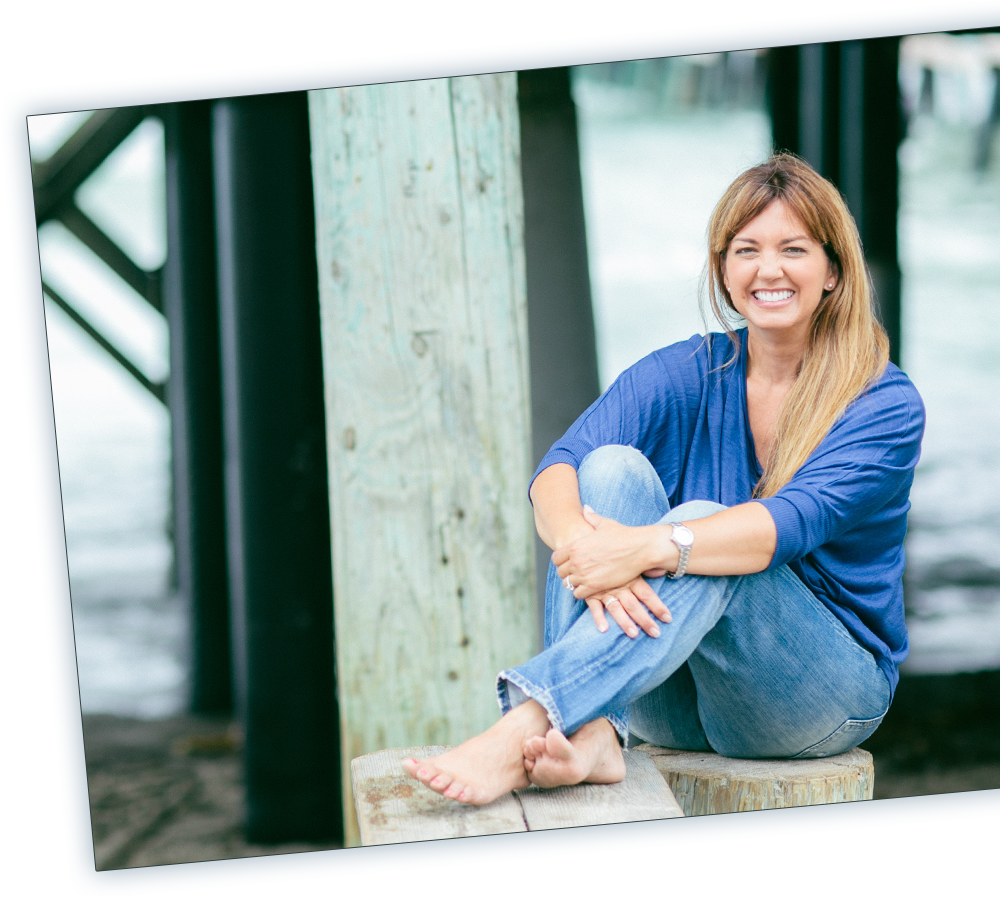I was asked recently by a young beautiful French Canadian woman studying psychology in Hawaii if I was an emotional person, and if so, did my emotions benefit my writing?
The woman said her psych professor at the university said many artists draw on their own emotions to create.
I was unusually uncomfortable answering her.
Not because she was wrong, but because I didn’t know her, didn’t know her background, didn’t know if a sixty second, or six minute answer would tell her what she wanted, or if I would only make things more confusing.
Yes, I’m emotional.
Yes, my emotions power my writing.
Yes, artists draw on their emotions, memories and experiences to create.
But that doesn’t necessarily make writing, or creating, easier. Sometimes the emotions make writing harder. Sometimes the emotions make writing impossible.
The trick for me to write well is to be calm, relaxed, and yet remember the intensity of emotion–the pain, the hope, the joy, the sadness. Because trying to write when very sad, or even very happy, is like settling a frisky puppy down to a sedate walk, or attempting to get a hobbled horse to gallop. Its not impossible, just difficult. Instead, I’ve learned to write, create, when I’m in the position to reflect on the life well lived rather then when I’m in the middle of the tempest.
I have written some of my favorite scenes when in the middle of the tempest, and indeed, those pages are cathartic, they allow me to voice a grief or longing I wouldnt otherwise be allowed to put into words, but that fire, that fever, that rawness still requires fiction, requires a film of story and thicker application of structure to make it palpable for the reader.
The reader you see is suspicious.
The reader requires gentle persuasion.
The reader wants honesty and power, the reader wants intensity, provided it works.
Provided the reader isn’t alienated.
And that’s the trick for me, an emotional writer.
I must somehow write with feeling, with power, with intensity, with conviction, but always, always, the story must be there.
So it’s a see saw, a balance between reason and emotion, logic and passion. A good story combines both, layers both so that it’s a marriage of magic and industriousness, of imagination and application. Story can always be improved. Story can be fixed.
And after plot and pacing have been tightened, the best way to improve story is by unleashing the passion, by notching up the tension and passion. Heighten the stakes. Up the ante. Go for the jugular, especially with the emotion.
If I were less emotional, I’d probably writer funnier stories, lighter books. If I were less emotional, I wouldn’t intentionally tug on readers heart-strings (much less my own).
But then again, if I were less emotional I might not be a writer at all.
And as I answered the beautiful French Canadian student, yes, writing can be cathartic, but not everything can be used at once in a book. It’s taken me time and practice to know what works in a story, and what doesn’t.
There are stories I’ve lived, experiences had, that can’t go into books, that won’t get into print. At least not yet, even if they’d make great reading. Because even some of those most remarkable stories are personal, private. I think of my mother as I write this. I think of my mother who has lived a life that others would call fictional in its mythic quality.
My mother’s entire story will never be told out of respect for her, as well as the terrible tenderness I still feel when I remember parts of the past but I have and will use emotion generated, as well as some of those memories, to create fiction that touches readers minds and hearts. I have to. I don’t know any other way to write.



By posting a comment, you consent to have your personally identifiable information collected and used in accordance with our privacy policy.